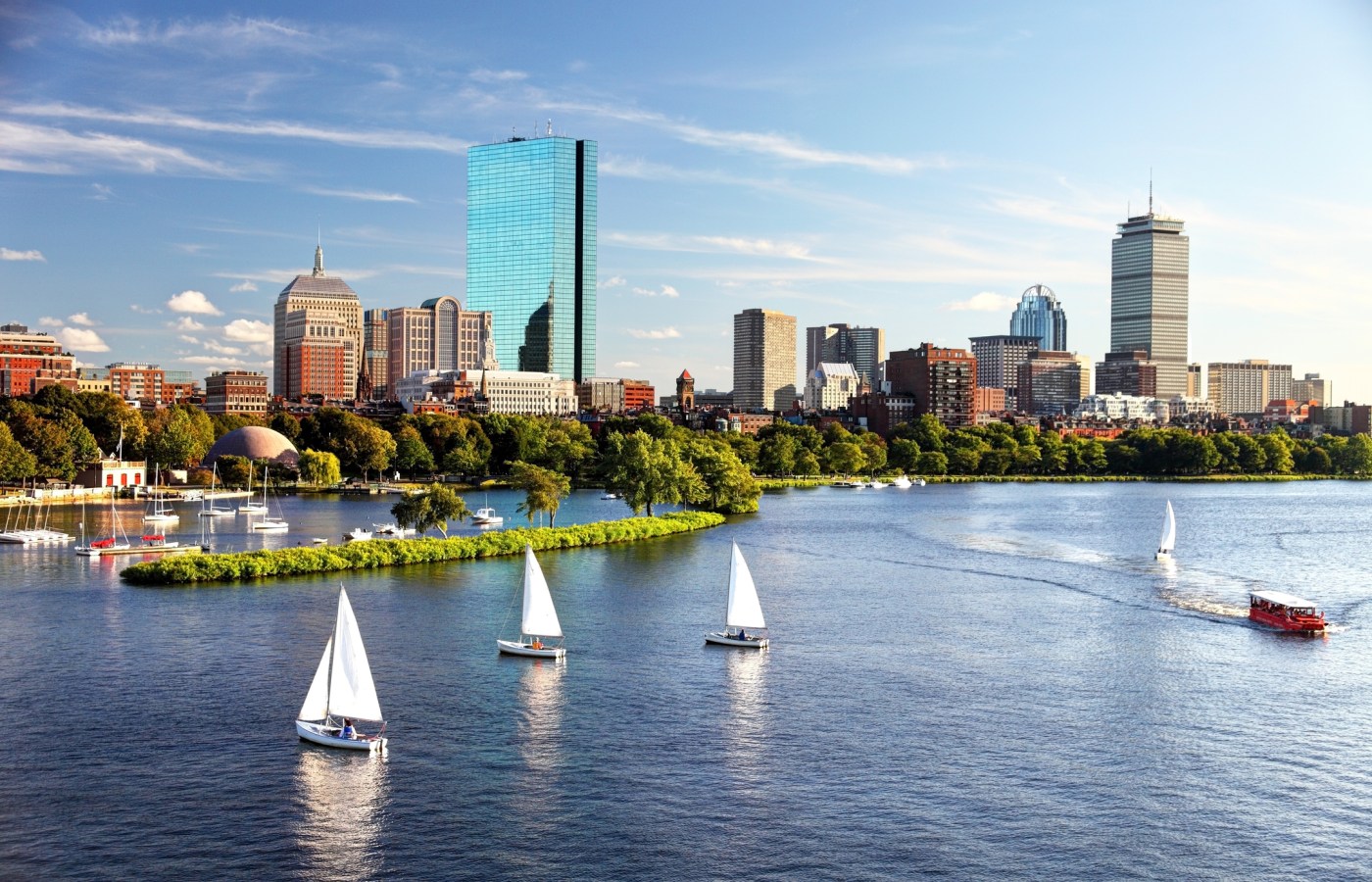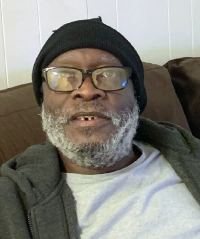The founding leader of Massachusetts, John Winthrop, proclaimed that Boston would be “a city on a hill,” a shining example of freedom, opportunity and the promise of America. From its place in the American Revolution to its becoming a beacon of academic and athletic success, Boston has earned its reputation as a city ready to meet any challenge.
Air Force Veteran Johnny Dixon’s contributions to his country and the city have also been impressive.
Responsible for the safety of passengers
Dixon’s decades-long career in public service began in 1974 when he enlisted in the Air Force. As a Petroleum, Oil and Lubricants specialist, Dixon was tasked with an important role: ensuring fuel for aircrafts met strict safety measures.
Upon separating from the military, Dixon visited his local VA to inquire about educational benefits. Along with connecting him to a junior college nearby, VA helped Dixon find meaningful employment with federal and state government agencies.
Eventually, his skills in transportation and navigation led him to a job as train operator for the Massachusetts Bay Transportation Authority (MBTA).
Dixon was responsible for safely transporting passengers along the longest transit path in Boston with his route spanning every corner of the city. He also served as a caretaker for his mother, father and brother, all of whom experienced significant health challenges. His love for his family overshadowed his heavy workload and drove his commitment to providing each member of his family with the best care possible.
Fellow Veteran told him about HUD-VASH
Dixon’s devotion to his family’s comfort and health guided his journey for years. But as he eventually lost his loved ones to their respective illnesses, he felt his life’s path veering off course.
Instead of the MBTA train, Dixon soon found himself driving a small car, one that also served as his home. After spending a year living in his vehicle, he found support through Safe Haven, a transitional housing and support center operated by the New England Center and Home for Veterans.
During his time at Safe Haven, Dixon met a fellow Veteran who had experienced similar challenges. He told Dixon about HUD-VASH, the collaborative program between the Department of Housing and Urban Development and VA, dedicated to placing Veterans experiencing homelessness in permanent housing.
It was just the impetus Dixon needed to get back on track.
Uses Rideshare Program to medical appointments
The HUD-VASH program at the VA Boston Health Care System quickly helped Dixon find an apartment in Boston, one he still calls home. The program has been critical in helping him manage his health care as well. Recently, he needed surgery to repair his vision that left him unable to drive.
Dixon was one of the first participants in the VA Homeless Program office to use the expanded national rideshare program, launched by Charles Franklin of Boston VA.
The rides Dixon receives to and from his local VA Medical Center have been essential to his access to care and were made possible through the Johnny Isakson and David P. Roe, MD, Veterans Health Care and Benefits Improvement Act of 2020.
Section 4201 authorizes VA to use appropriated funds for homeless Veterans and those enrolled in the HUD-VASH program during the COVID-19 public health emergency.
It also enabled Boston VA to offer unique support through medical companions – individuals that accompany Veterans to medical appointments. Dixon describes his medical companion as a source of great help and comfort while navigating the logistical components of his care.
“We all need help sometimes.”
Also valuable to Dixon is the emotional support such companions extend.
Thanks to the transportation and medical care he received, Dixon’s eyesight has recovered and he has seen great progress in nearly every aspect of his life. True to his nature, he has wasted no time along the way helping other Veterans.
“Life has changed for the better,” he said, urging all Veterans, especially those who may be experiencing homelessness, to contact VA. “We all need help sometimes. See what they have to offer.”
Learn about VA programs
- Read more about how the 4201 authority helps VA provide flexible assistance to homeless Veterans.
- Read more about the HUD-VASH program to determine if you are eligible to receive rental assistance.
- Veterans who are homeless or at risk for homelessness should contact the National Call Center for Homeless Veterans at 877-4AID-VET (877-424-3838).
- Visit the VA Homeless Programs website to learn about housing initiatives and other programs for Veterans exiting homelessness.
- For more stories like these, visit the HPO website and subscribe to the Homeless Programs Office newsletter to receive monthly updates about programs and supportive services for Veterans experiencing or at risk of homelessness.
Topics in this story
More Stories
Daughter and son-in-law find a diary of her father's life as a prisoner of war written on toilet paper.
VA announces positive Veteran satisfaction feedback on telehealth services, including video visits, in the first half of fiscal 2025.
The VA Bay Pines stand down relies on volunteers to connect Veterans facing homelessness with the resources they need.






